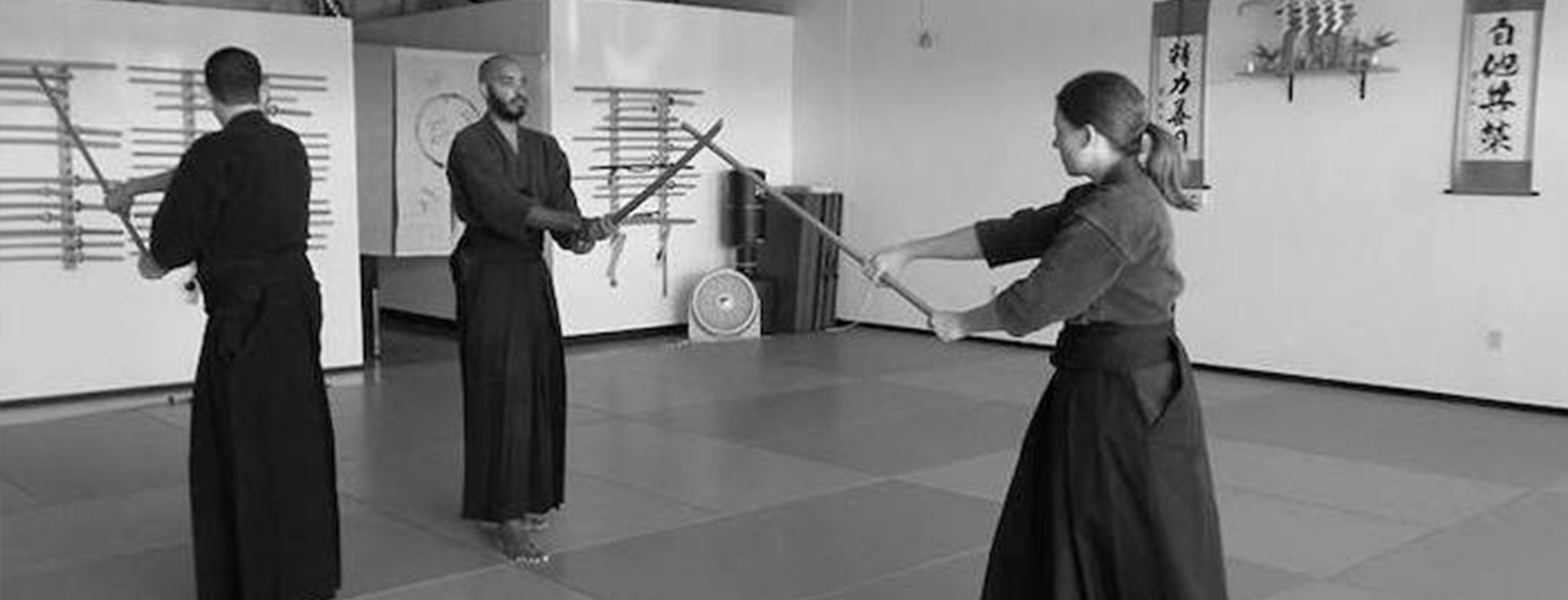Background
Someone asked a question in the Facebook Aikido group about teaching and the “power dynamic established between student and sensei, and how a sensei must be constantly vigilant not to abuse their power.” I posted a response there, but some of the group members liked what I wrote and asked me to post it somewhere more permanent rather than just letting it live in a Facebook group. So here it is:
My Thoughts
I’m a student first, but a teacher only out of necessity. The bottom line is that, if I want playmates to train with, I have to make them.
If one is not, first and foremost, a student, one has no business being a teacher.
Years back, a new yoga friend, having learned that I do martial arts, asked if I was a student or a teacher. I replied, “yes.” She legitimately didn’t grok my response. To her, you were either one or the other. In her world, it was pretty much structurally impossible to be a student and train while simultaneously teaching. My teacher admonished me early in my learning-to-be-a-teacher journey that I must learn to train and teach at the same time. This is still a struggle for me.
Teaching was never something I aspired to. But I’ve found that the very act of teaching itself may have actually become my best teacher.
I’ve spoken with some of my past teachers—from different disciplines—about the various lessons I learned from them, generally out of gratitude for the wisdom. To my shock, many of them replied with something along the lines of, “I said that? Hmmm…” This was revelatory.
The things we say and do (and how we say and do them) can leave echos in space-time for generations to come. Yet, these things may go completely unnoticed by us, leaving no memorable trace.
Take care in what you say, how you say it, to whom you say it, who else may be listening, and even your very body language and facial expressions when you say it. These things can be carried in the minds of those who are listening and observing for a very long time, even if they were not the direct intended recipient of the exchange. A subtle dropping of the head and an emission of a nigh-inaudible sigh in response to a student’s question could make them think that you are tired of their “stupid” questions, even though the reality might be that you’re just tired from work. It’s been a hard lesson for me to learn to pay attention to how I’m carrying my own shit. As a teacher, you are always being observed.
Take care in what you teach people and how willing you are to admit that you are/were wrong. This teaches students that it’s OK to fail as long as you learn from it, adjust, and move on. Teachers are not infallible; pretending otherwise teaches students that failure is to be hidden or avoided, while the opposite is actually true. Failure is the mandatory gateway to success.
Now, to address the issue of “power dynamic” more directly.
To the best of my knowledge, I don’t actively seek to exercise power over my students. I’m sure I was not always like this, as I’m human and screw up a lot. But I’ve tried to pay attention and to grow as both a person and a teacher. I think one helps inform the other.
What I do have is responsibility. My students are in my care. I am not only responsible for their growth in the art, but for their literal safety during training. This is not power. I am there to serve them and the art itself out of pure gratitude to those who came before me and gave me the gift I have worked hard to earn. Period. Also, as I mentioned above, if I want to keep training the way I want to keep training, I need to keep creating dojomates.
When possible, I try to be the first one in the dojo. Sometimes, I’m sweeping the floors when students arrive. Sometimes, I’m reading. Sometimes, I’m already training. I’m learning to set the tone by my actions, not by any “power” I might think I hold.

